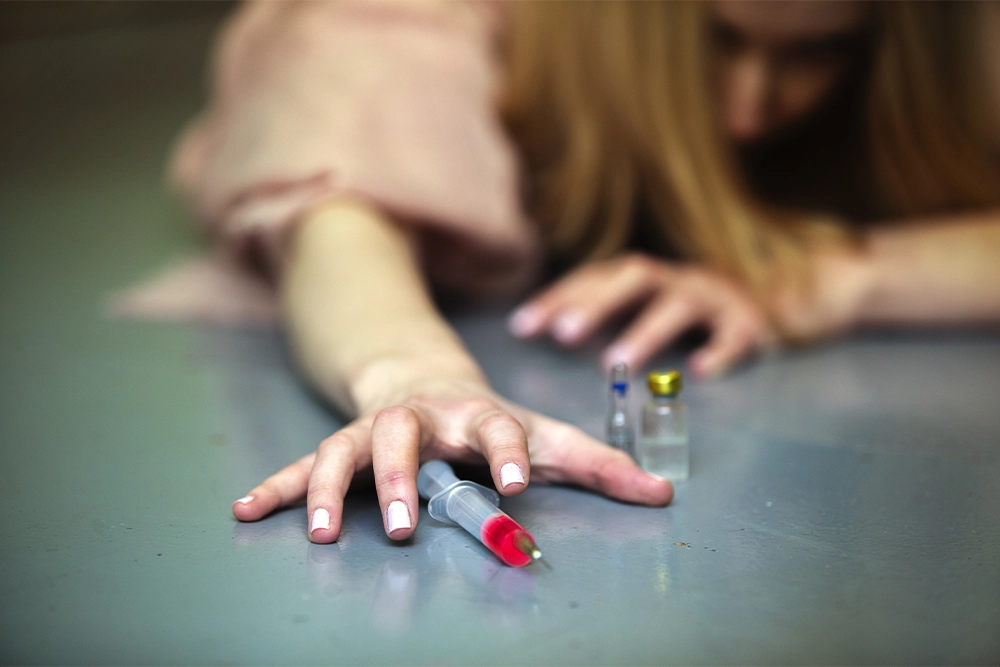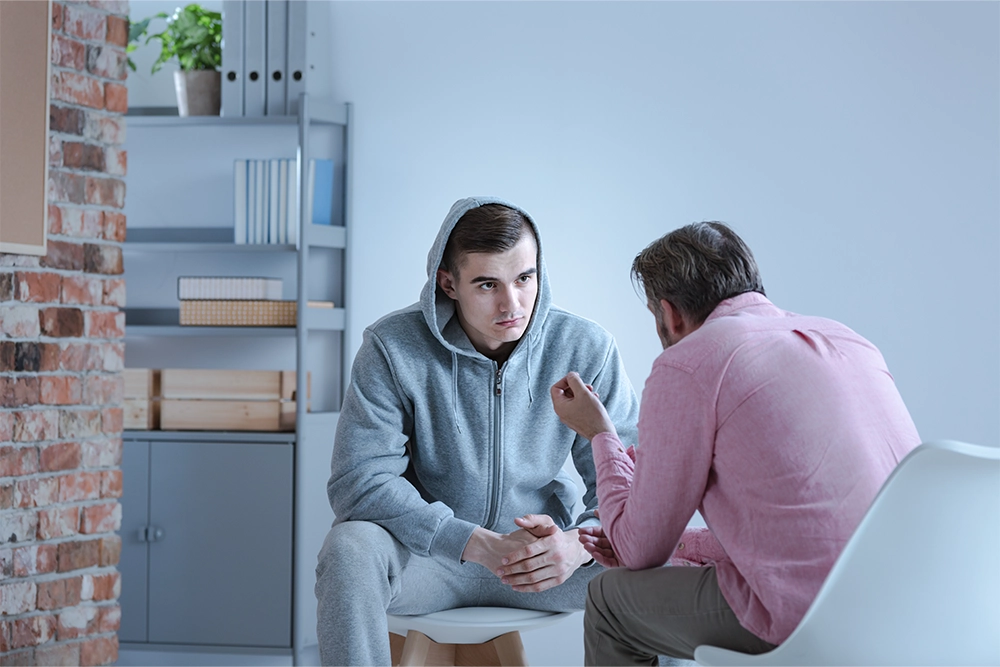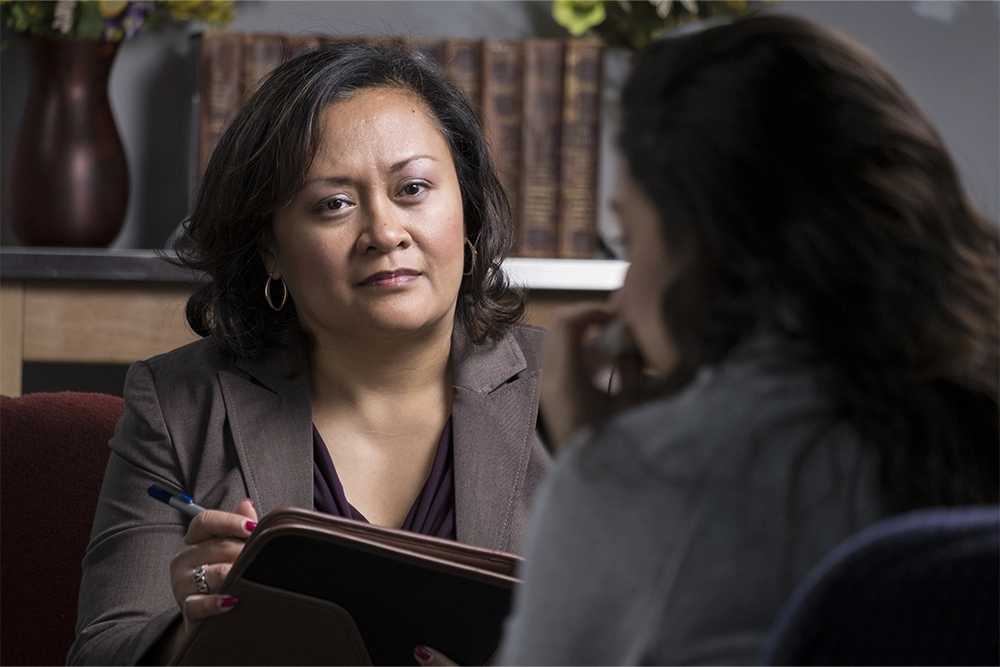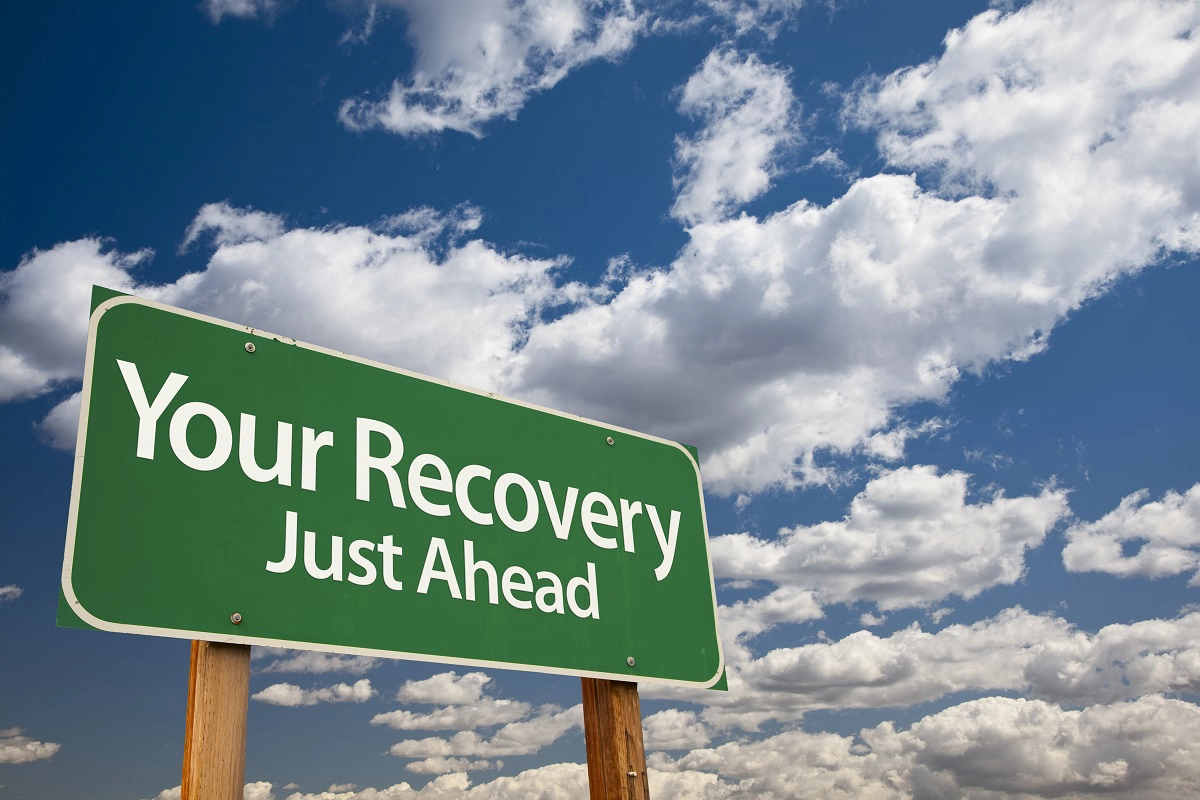How to Bounce Back from a Relapse?
Addiction relapse is common when it comes to dealing with chronic diseases. Addiction, like asthma, diabetes, and hypertension, is a chronic condition that should be treated. There are many individuals who want to get sober yet still experience intense cravings and go back to using their substance of choice.
This does not mean that the treatment for addiction is not working. It is just that relapse can and will happen for many individuals who are trying to recover from addiction. If you are one, what you have to be prepared for is how to bounce back from a relapse, forgive yourself, and go back to your treatment program.
Nevertheless, you shouldn’t make this an excuse to go back to using drugs or consuming alcohol. You’ll be stuck in an endless cycle if you do and you’ll end up feeling frustrated with yourself because you’ll feel as though you’re not making progress with your treatment. You need to be able to assume responsibility and adjust your lifestyle so you can move forward and recover from addiction.
Why Does Relapse Happen?
Usually, people recovering from drug addiction return to using illicit substances because they were triggered by something such as being in places where they used to get high or simply seeing the paraphernalia they used to take drugs.
The triggers can be different from person to person. You can be exposed to particular places, things, or people, and those can cause you to feel intense cravings to get high or get drunk. During recovery, you’ll learn how to deal with these triggers through various therapy sessions.
Wanting to get sober is the first step toward recovery. It’s important that you know in yourself that you want to get better. But willpower won’t be enough to get you through. It’s going to take a lot of practice and your full commitment to recovery for the process to be successful.
But if you do experience relapse, don’t think that you’re a failure or that all of your hard work has been just a waste. Keep in mind that as a brain disorder, addiction will cause recovering individuals to do compulsive actions even if they already know the many negative consequences that they’ll face because of it.
What are the Different Factors that Cause a Relapse?
Once you’ve completed the treatment program in the rehabilitation centre, it does not automatically mean that you are guaranteed sobriety. But you are now equipped with the knowledge and skills to work your way towards becoming clean and sober.
The real work happens when you return to your home and to the various familiar environments where you used to get high. This kind of exposure will bring back certain memories which may induce urges to use drugs. This is the usual cause of addiction relapse. Let’s take a look at the other factors that cause a relapse.
Triggers
As we’ve discussed above, triggers can be anything like people, situations, emotions, thoughts, or feelings that remind you of your previous habits and cause you to go back to using drugs or drinking. You could have simply walked past the usual pub where you used to drink and you’d be triggered by cravings to go inside and think that you’ll just have a few drinks.
Triggers can manifest when you attend gatherings where there are alcoholic beverages available. It may also emerge when you feel sad, stressed out, or if you haven’t been sleeping well. You think that by taking the substance, you’d feel better again. You’ve gotten used to taking it to feel relaxed and deal with your problems.
Also, if you still communicate with people you used to take drugs with, there’s a high chance that you’d relapse. They could pressure you to have a few drinks or take just a little amount of drugs, saying that it won’t harm your recovery. But in reality, these things can lead you back to being a heavy user.
Not Seeking Aftercare
For a lot of people who have been able to complete rehab, there’s a problem when it comes to adhering to the treatment plan and aftercare. It’s easy to think that their time at the rehab centre has cured them of their addiction. But going to rehab is not an assurance that there won’t be a relapse anymore. You still need to take the right steps so you can be sober and drug-free.
With aftercare, you will be provided with services after your treatment program at the rehab centre is finished. Some of the services that you’ll get are psychotherapy sessions and other programs that will help you prevent relapse. You’ll also be guided on how you can avoid triggers that can lead to a relapse. That’s why it’s so important to seek aftercare treatment after your rehab program has concluded.
Sober housing can also be included in the aftercare program. With sober housing, you’ll be provided with homes that are substance-free. You’ll live together with people who are also trying to recover from addiction. This is a good environment where residents can support each other so that everyone can successfully abstain from using drugs or alcohol.
Other Factors to Watch Out For
There are many external and internal factors that can be the cause of relapse. It’s important that you watch out for these factors because if you keep on experiencing relapse, it will delay your recovery from an alcohol or drug addiction. Let’s take a look at some of the other things that can cause a relapse.
Exhaustion or fatigue, either mental or physical, can affect how you function daily. If you’re dealing with a lot of stress, then that can create certain urges to go back to your bad habits so that you can numb the psychological or physical pain that you’re experiencing.
If you have depression, then you should be more cautious of how you react to it when you’re experiencing a depressive episode. As a mental health condition, depression usually co-occurs with drug or alcohol addiction.
You may oversleep, have problems paying attention, and lose your interest in the things you once enjoyed. It’s easy to think that you’ll find some relief if you take drugs or drink alcohol. But the truth is that it will just make everything worse.
How to Bounce Back from a Relapse?
Addiction treatment is just the start. If you’ve already finished the program for your treatment, then that’s already a big step. But you should be prepared for the real world outside of the rehabilitation centre. When you’re back to your usual setting, you’ll be exposed to triggers that will pull you to go back to your old habits.
For example, your colleagues at work may invite you on one Friday night saying that one drink won’t hurt. You’re convinced and you go along with them. The next thing that happens is you’re at the hospital already because you consumed too much alcohol. You couldn’t control yourself.
As much as you think that you can control your drug or alcohol intake, what you have to understand is that addiction is a brain disorder. Willpower won’t be enough to make you stop. And even if you know the negative consequences that you’ll experience when you go back to using substances, you’ll still continue to use them.
What you have to understand is that addiction is a disease and you shouldn’t expose yourself to triggers until such time that you’re fully equipped with the knowledge and skills on how to deal with them. Simply put, you’re going to be tempted to use drugs or drink alcohol time and again. The least you could do is to know how to avoid the exposure. Don’t put yourself in a situation where you’ll be tempted to go back to your bad habits.
While relapse is common, that doesn’t mean that you should just allow yourself to give in to temptations without a good fight. Triggers and temptations will come. What you should do is be prepared to deal with them. Let’s take a look at these tips we’ve prepared for you.
Related article: How Have Drug Relapses Been Managed Over Time?
Be Ready
There are many cases of relapse where the recovering addict feels intense shame, humiliation, and guilt. If there comes a time when you’ll experience relapse, be ready to experience these feelings. Instead of wallowing in them, you can use these feelings to motivate yourself to go back to the treatment program. Don’t let the negativity pull you down. You are not a failure.
Get the Much-Needed Support
If you’ve just finished your treatment at the rehab centre or already sober for a good few weeks or months and then experienced a relapse, it’s important that you go to your counsellor so you can have a meeting with him or her.
During that session, you have to be ready for a tough conversation because you’ll have to admit that you had a slip-up. It will be hard and humbling to admit that there was a moment of weakness and you weren’t able to control your cravings even if you tried very hard. Always remember that addiction is a disease and you cannot fully control everything.
That’s why meeting with the addiction counsellor is crucial because you get to express how you feel after the relapse. You can process feelings of shame and guilt. From there, you can learn how to handle difficult times and avoid relapse in the future.
Call Your Family or Friends
This can be a difficult step to take especially if you’ve burned some bridges along the way because of your addiction. But you have to acknowledge the fact that support from family and friends is highly important if you want to be successful in your recovery.
If you ever feel like you’re about to give in to your cravings, call them up and tell them how you feel. Tell them how difficult it is to not take drugs or drink alcohol. By talking, you can express your frustrations and they can offer their support by reminding you of your goals on why you’re trying to get sober.
Your family and good friends love you and care about you. Even if you go through a relapse, if they can see that you’re sincere about getting back on your recovery, they’ll always support you and hope for the best for you in your recovery from addiction.
Think About Going Back to Treatment
Going back to treatment will depend on how severe your relapse was. For example, if your relapse was contained in just one night of drinking or using drugs, then maybe you’ll be able to return to your recovery without much of a challenge.
However, if you’ve been drinking or using drugs for a number of weeks now, then maybe it’s time to think about going back to treatment. Keep in mind that the cases of addiction are different for each individual. The same goes for the recovery; it won’t be the same for everyone.
There are several treatment centres that provide aftercare services. Take full advantage of these services because you’re going to need all the help and support that you can get. Talk to the addiction counsellor and ask questions on how you can better equip yourself to prevent relapse.
Challenge Yourself
Whenever you have a relapse, try not to focus on it being a failure or that you’re a failure. Instead, what you can do is challenge yourself to move past that episode. Remember all those times that you were sober. Those are things to celebrate about.
As for your relapse episode, learn everything that you can out of it. What were the triggers? Identify them and list them down. Tell yourself that those are things that you should avoid next time. How did the relapse make you feel after? It sucks, doesn’t it? Then always tell yourself that you don’t want to find yourself in that position again. Challenge yourself to move past the negativity and continue with your addiction recovery.
Stay Positive
Having a relapse can be disappointing. But don’t beat yourself up because of it. The relapse already happened and there’s nothing you can do about what’s done. Instead of dwelling on the negative feelings, remind yourself that you should at least get some lesson out of the experience.
Tell yourself that “now I know better.” Every step towards your recovery, including the relapse, is a step forward. For as long as you don’t succumb to the temptations of your previous life, then you’re still good and you’re still progressing in your recovery. So, stay positive and keep working towards your goal!
Related article: Common Addiction Relapse Triggers to Look Out For









